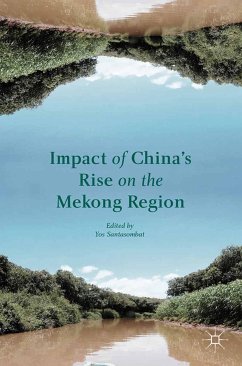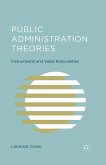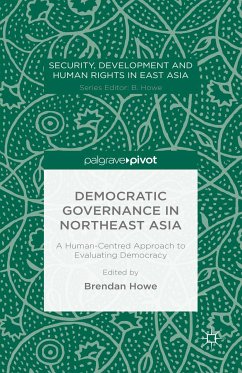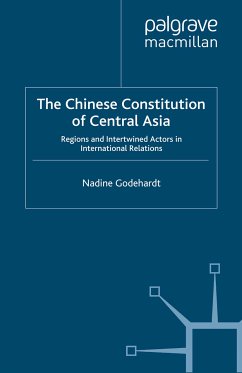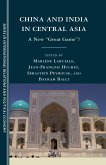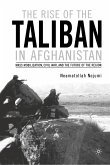Dieser Download kann aus rechtlichen Gründen nur mit Rechnungsadresse in A, B, BG, CY, CZ, D, DK, EW, E, FIN, F, GR, HR, H, IRL, I, LT, L, LR, M, NL, PL, P, R, S, SLO, SK ausgeliefert werden.
'Yos Santasombat is one of the most prolific and innovative anthropologists in Asia. This time, [ ] he assembles a group of researchers from different countries and disciplines in Asia [whose] nuanced research [ ] presents a comprehensive view of China's involvements in this region. Their findings are eye-opening, informative, and timely.' Shu-min Huang, Institute of Ethnology, Academia Sinica, Taiwan
'The transnational and interdisciplinary team of researchers led by Yos Santasombat competently scrutinizes the multi-faceted interactions between China and its mainland Southeast Asian neighbors, covering a widerange of topics such as trade, migration, transnationalism, eco-geographic strategies, and environment. This timely study makes an important contribution to the ongoing academic and policy debates about a rising China and its global reach.' - Hong Liu, Nanyang Technological University in Singapore, author of China and the Shaping of Indonesia, 1949-1965
'This volume provides fresh perspectives from experts on the Mekong Region on how China's neighbors have dealt with its initiatives in the Mekong Delta. A timely effort that will serve as a window to understand the way China's growth has affected the rest of Southeast Asia.' - Danny Wong Tze Ken, University of Malaya, Malaysia

